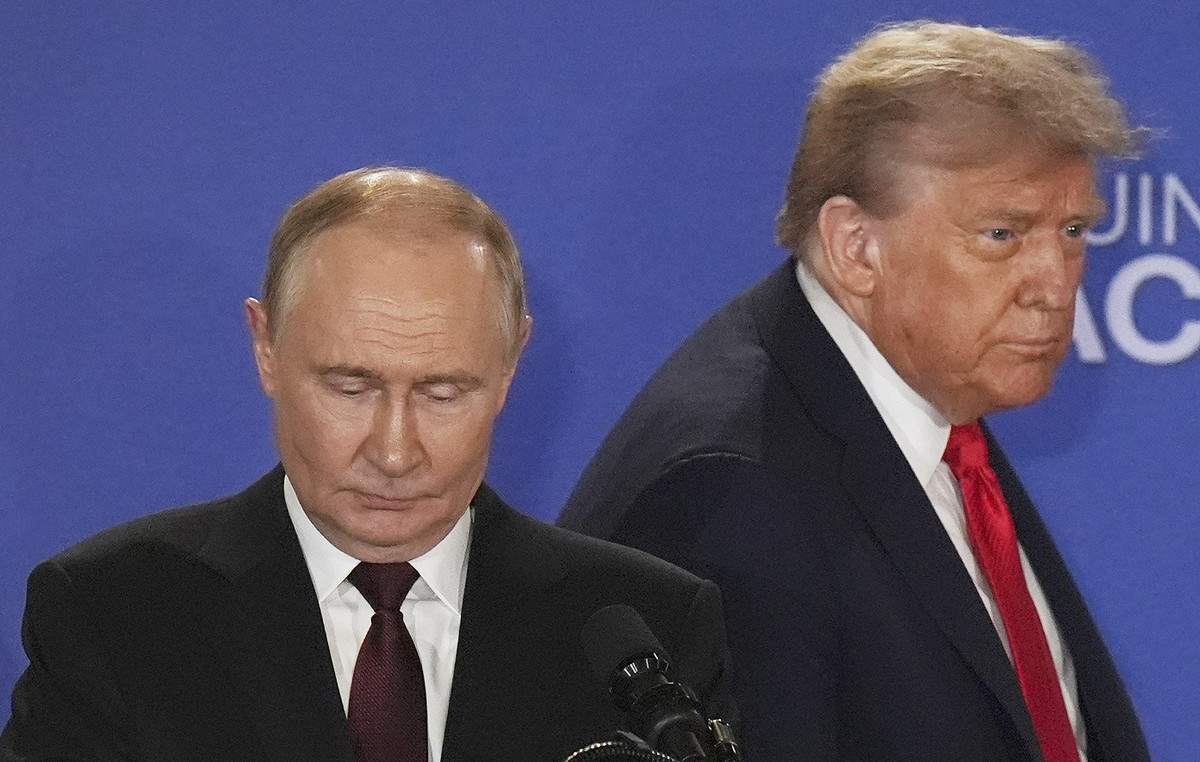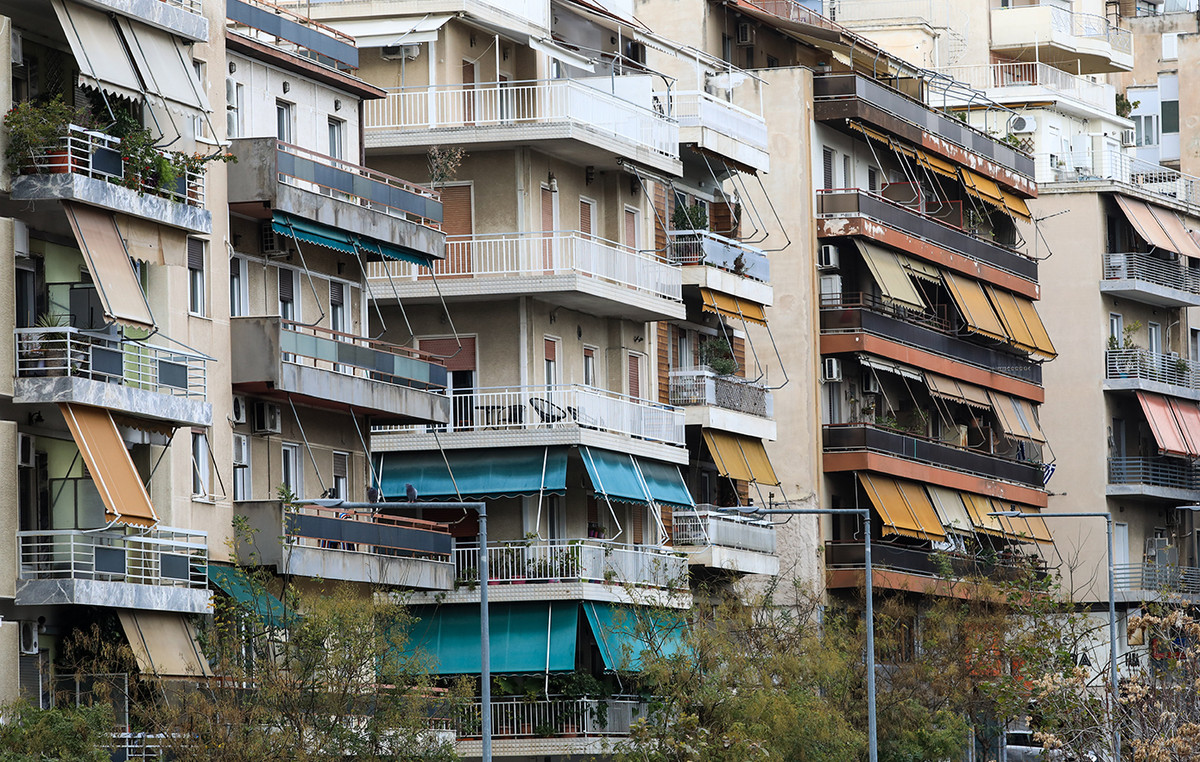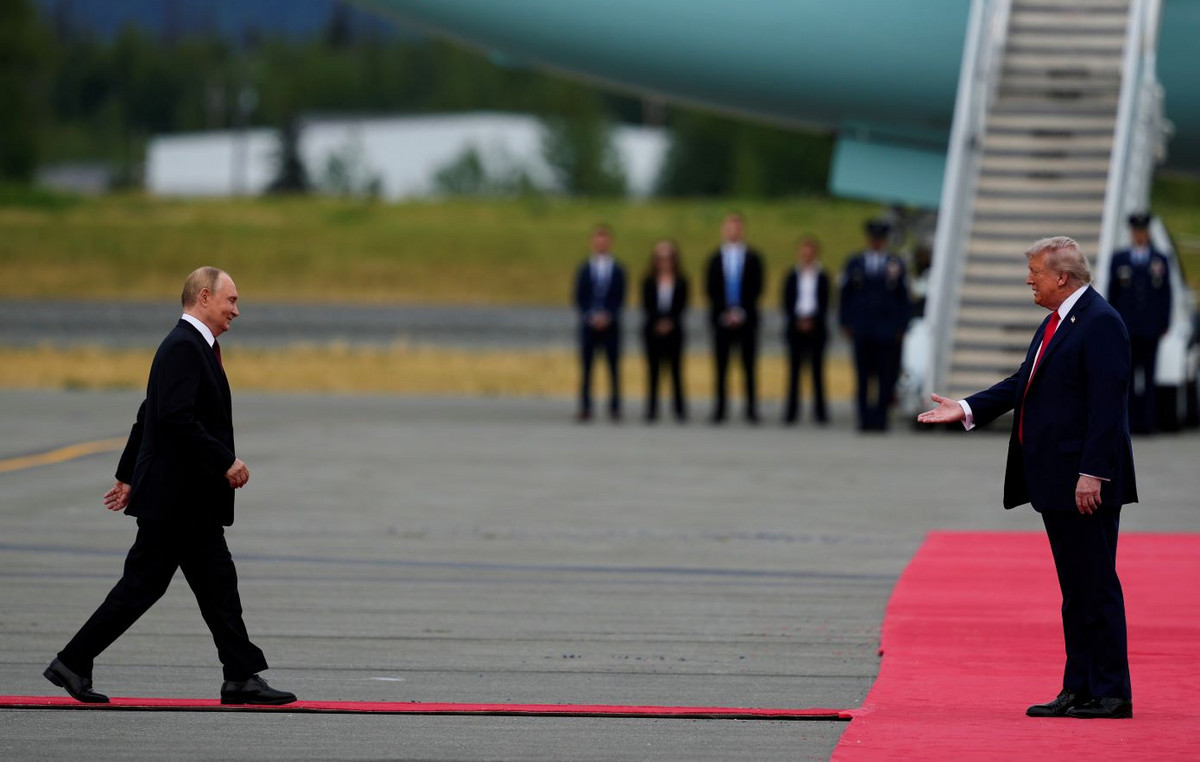The president of Portugal, Marcelo Rebelo de Sousa, anticipated, this Thursday (4), the general elections for January 30th. The decision comes a week after parliament rejected the socialist minority government’s 2022 budget bill, ending six years of relative political stability.
“At times like this, there is always a solution in democracy, without drama or fears, to give the people back the floor,” said Marcelo.
Most Portuguese seemed resigned to the fact that an early vote, even if necessary, would only perpetuate the political impasse, bringing more difficulties.
An Aximage opinion poll released on Thursday showed that 54% of 803 respondents thought the anticipation of the election would be “bad for the country”, with 68% believing that no party would win a majority of seats in parliament.
The Council of State approved, on Wednesday (3), a proposal to dissolve the parliament following the rejection of the budget proposal.
“More or less, we were pretty stable, especially given the pandemic situation,” retired Leonel Pereira, 66, told Reuters on Thursday. “If they continued like this any longer, it would be good for us.” Marta Amaral, 51, from Lisbon called the election “a necessary evil”. “It won’t be good, but there’s no other way out,” she said.
An election alone may not resolve the political impasse. Opinion polls show that no party or alliance is likely to achieve a stable majority.
Still, another Lisbon resident, Sônia Oliveira, 44, was hopeful. “I hope there are more coalitions, that unite more for the good of the people, because we are the ones who are suffering, nobody else.”
Markets have reacted calmly so far, with Portugal’s ten-year bond yields fluctuating broadly in stability with other EU countries in recent days, and falling to mid-October levels on Thursday.
Support for the center-left Socialists has changed little from the 36% they won in the last national election in 2019, with the center-right Social Democrats in second place at around 27%.
The only party that can clearly benefit from the election is the far-right Chega, which could emerge as the third-strongest force in parliament. However, he is seen by political analysts as a very toxic potential partner for any other party.
Reference: CNN Brasil
I’m James Harper, a highly experienced and accomplished news writer for World Stock Market. I have been writing in the Politics section of the website for over five years, providing readers with up-to-date and insightful information about current events in politics. My work is widely read and respected by many industry professionals as well as laymen.







